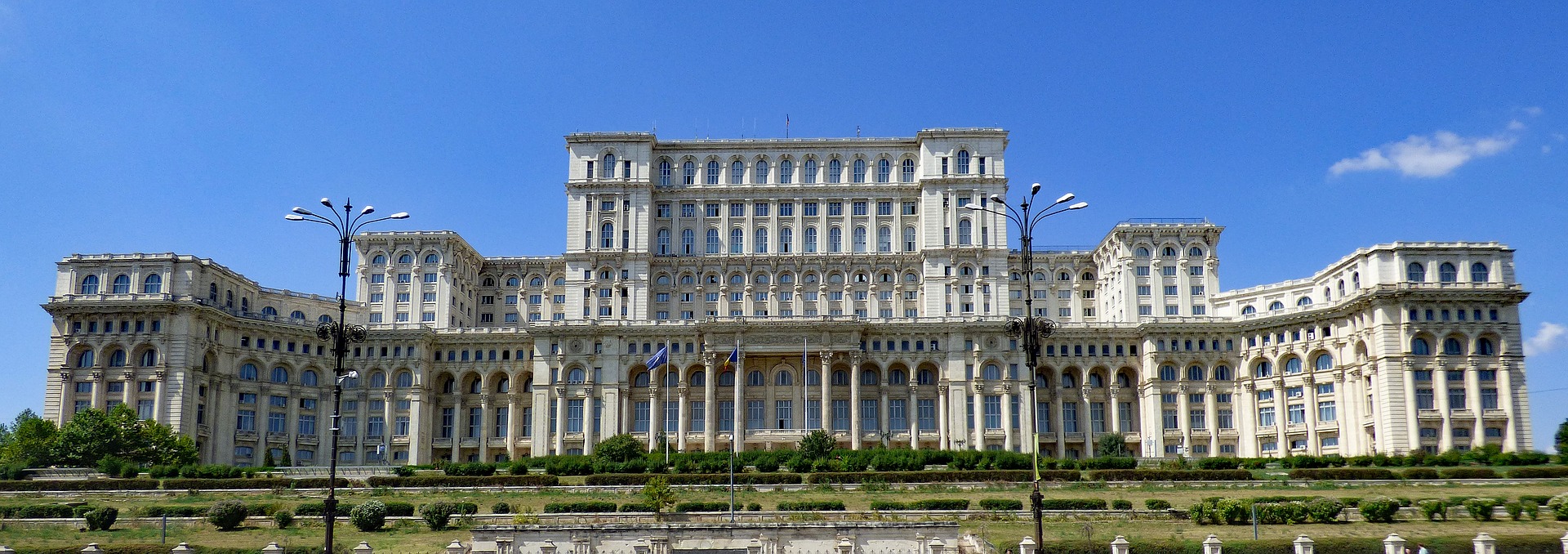Post by: Jessica Sherwood
My name is Jessica Sherwood and I am a 2L at Regent University School of Law. This semester, I’ve had the honor to work on two projects for International Justice Mission. We recently submitted the first project regarding online sexual exploitation of children (OSEC) in Romania. IJM is audaciously stepping forward in faith to begin addressing the growing problem of OSEC.
Romania has ratified several children’s rights international treaties as well as multiple regional agreements working to protect children from sexual exploitation and abuse. Additionally, although Romania does not have a consolidated act on children’s rights, there are several local laws addressing the rights of children.
Despite the legal framework, often the law is not a representation of what is done in practice. For example, although pimps and exploiters can be prosecuted under Romanian law, actual convictions are very difficult. One major barrier is the lack of incentive for victims to testify at trial. This leads to a significantly disproportionate amount of convictions in comparison to the number of sex trafficking crimes committed. Oftentimes, victims are fearful of repercussions of reporting assault. Current legislation also does not provide victims with any monetary incentive or otherwise to testify.
Additionally, under the anti-trafficking law, victims should receive free legal, psychological, and social assistance. This responsibility and obligation is placed under the jurisdiction of the city councils. Although significant headway has been made to supply victims with aftercare programs, the city council often allocates funds elsewhere. In practice, the council does not have sufficient budget allotment to successfully run all programs under its jurisdiction. Thus, victim centered rehabilitative programs, often deemed as lower priority, are unable to operate successfully. Because of this reality, the majority of victim care and assistance still falls on the shoulders of NGOs.
Furthermore, although there is significant legislation concerning child prostitution, there are still several discrepancies that are not in accordance with the Optional Protocol on the Sale of Children, Child Prostitution and Child Pornography (OPSC). Specifically, the difference in penalties for offenses committed against children under fifteen and those between the ages of fifteen and eighteen is not in alignment. For example, the provision in Article 219 stipulates that children between the ages of fifteen and eighteen who have been the victims of sexual exploitation must have an established relationship prior to the assault in order for the act to be criminalized.
Additionally, although there is specific legislation addressing the dissemination of child pornography, Romania law is still in need of substantial strengthening in order to comply with the requirements set out by the OPSC. National legislation needs to be expanded to include possession of all forms of child pornography. Currently, there is no punishment for mere possession of child pornography. Only the possession with the intention of distributing the material is criminalized.
The reality is, a multifaceted approach is required to effectively counter online child sexual exploitation and abuse. This type of approach requires effective law enforcement tactics, mandated regulations and policies, coordination of services provided to victims, cooperation among all institutions involved in OCSE cases, educational programs, and awareness campaigns aimed to address such crimes.
Romania is building a strong legal infrastructure to one day support the complete protection of children from online sexual abuse. Although the process is slow, there is significant groundwork being made. Through strategic partnerships and integrated multi-sectoral approaches, Romania can be hopeful to see the next generation fully protected from online sexual exploitation and abuse.

